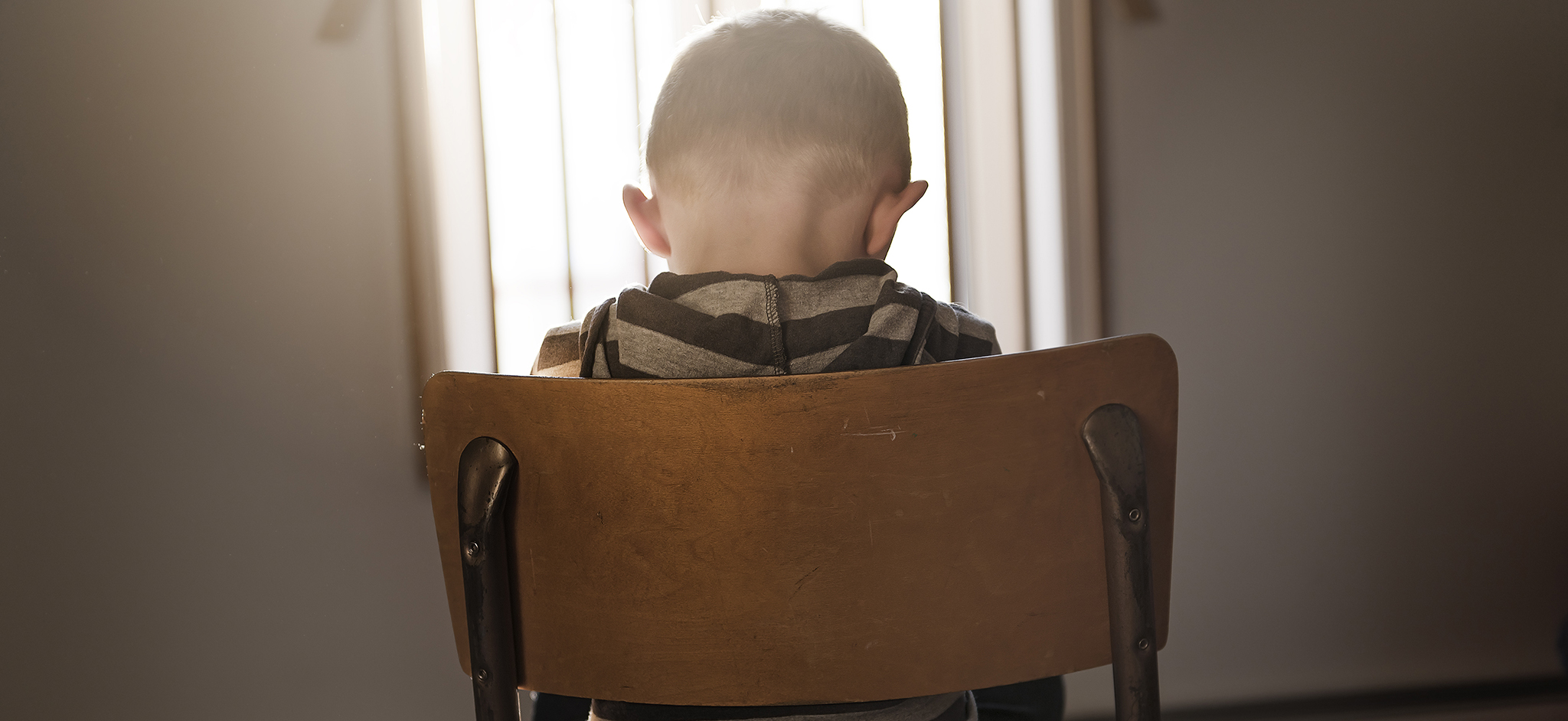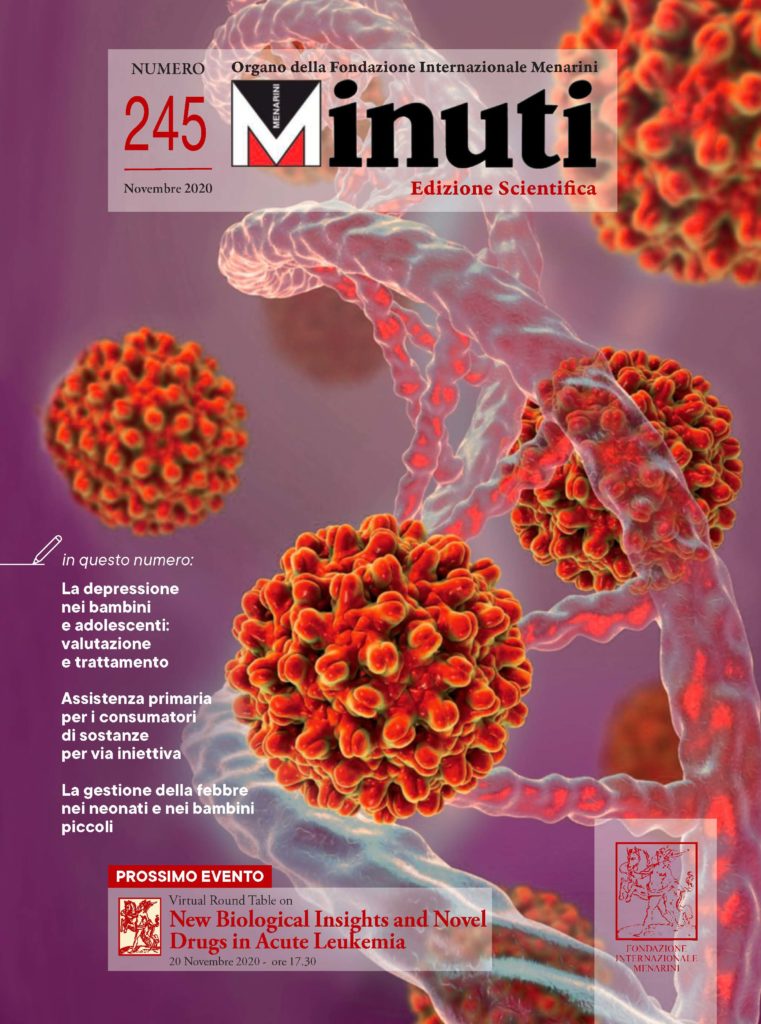
Child Abuse: Approach and Management
di Elizabeth A. Suniega, Lauren Krenek, Gabriel Stewart • February 2023
Child maltreatment is a devastating type of adverse childhood experience that encompasses neglect and emotional, physical, and sexual abuse (including sex trafficking). Adverse childhood experiences are exposures to maltreatment or household dysfunction during crucial developmental periods that disrupt neurodevelopment and can result in lifelong physical and psychological harm, altering the child’s behavior and disease risk into adulthood. Maltreatment can affect patients of any gender identity and from all racial and ethnic backgrounds, socioeconomic statuses, and community settings. Use of the validated five-item Pediatric Hurt-Insult-Threaten-Scream-Sex screening tool to identify victims of child abuse is recommended. All suspected cases of child abuse must be reported to Child Protective Services. A trauma-informed approach to care requires that team members be mindful of the potential for traumatic stress, recognize and appropriately respond to the symptoms and signs of trauma, and prevent retraumatization. Prevention through education and anticipatory guidance provided during routine well-child visits and community partnerships can foster awareness and resiliency in children. Although caring for victims of child maltreatment may be among the most challenging professional situations encountered by physicians, advocating for these endangered patients can save lives and help prevent revictimization and chronic sequelae associated with adverse childhood experiences.
(Am Fam Physician. 2022; 105(5):521-528. Copyright © 2022 American Academy of Family Physicians.)
(Am Fam Physician. 2022; 105(5):521-528. Copyright © 2022 American Academy of Family Physicians.)
Related Articles
Management of Late-Term and Postterm Pregnancy
di
Dr.ssa Breanna Gawrys, Dr.ssa Diana Trang, Dr.ssa Whay Cheng
September 2025
Highlights
di
Aaron Saguil, Matthew V. Fargo
∙
February 2021







